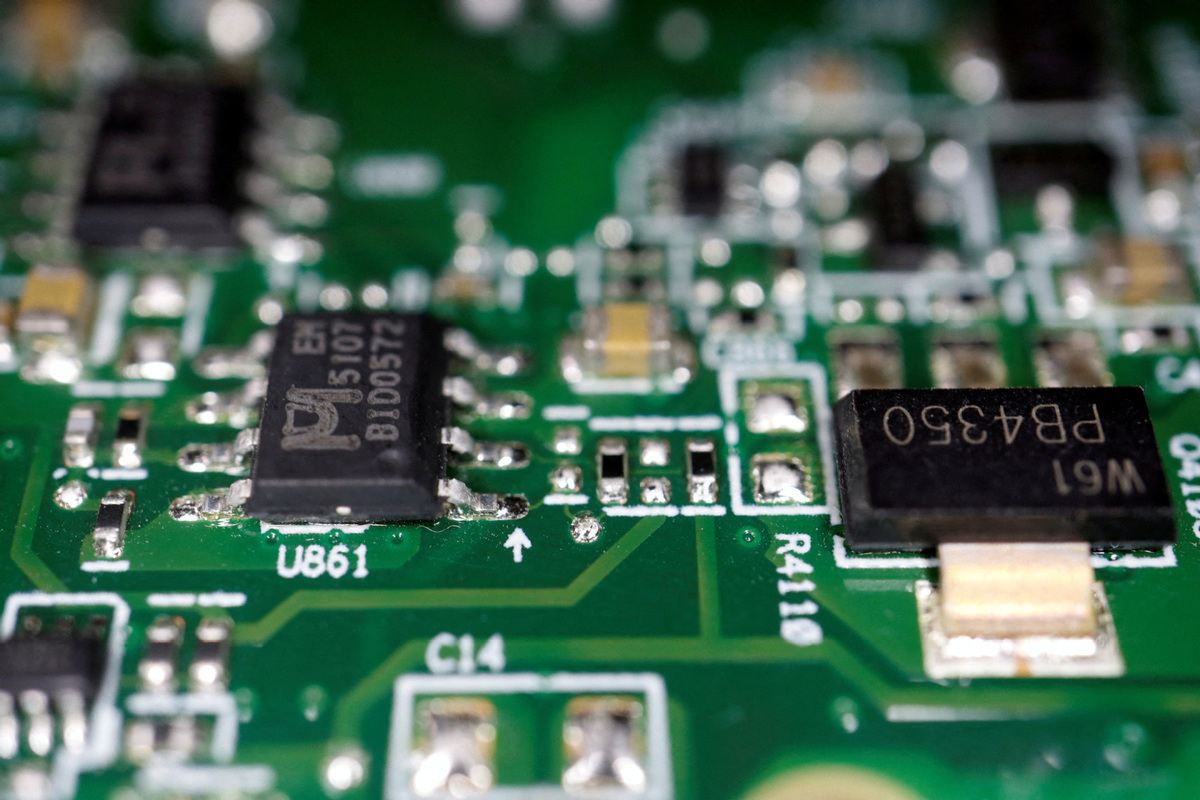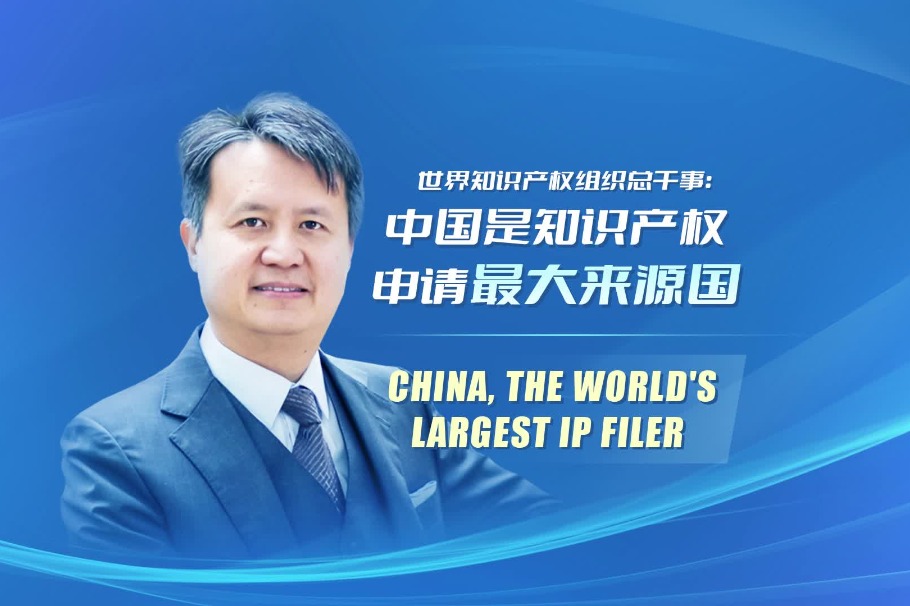EU Chip Act reflect global emphasis on semiconductor industry
By Ma Si | chinadaily.com.cn | Updated: 2023-07-13 09:49

The European Parliament's decision to approve the EU Chips Act reflects its attempts to boost its own supply of semiconductors, but it remains to be seen whether the move can produce the intended results, experts said.
The comments came after a majority of lawmakers at the European Parliament, 587 to 10, backed the EU Chips Act, on Tuesday local time. The EU Chips Act aims to see EU chip production quadruple by 2030 to account for 20 percent of global share.
To reach its ambitious goal in chip production, the EU will have to mobilize more than 43 billion euros ($47 billion) in public and private investments, AFP reported.
The EU Chips Act calls for the EU to throw 3.3 billion euros at the goal from its budget, and for research and development to be reinforced, AFP said.
Yang Chengyu, an associate researcher at the Institute of European Studies of the Chinese Academy of Social Sciences, said the EU's move highlights the importance of chips to economic recovery and to future economic growth.
Semiconductors are now vital for many everyday items, ranging from smartphones and cars to household appliances. They are also needed for data storage, which is in full expansion, and in green tech to reduce carbon output.
However, the cost of producing chips in Europe is high. Although the EU Chips Act provides significant public subsidies for chip companies to establish factories in Europe, the high costs cannot be fully resolved through subsidies, Yang said.
Bai Ming, deputy director of international market research at the Chinese Academy of International Trade and Economic Cooperation, said competition in the global chip sector has reached a new high.
According to him, China also has rolled out a string of policies, including tax reductions, to accelerate the development of its semiconductor sector.
"I believe such policies will evolve," Bai said, adding that more efforts will be made to encourage Chinese companies to achieve breakthroughs in core chip technologies.
The outline of the 14th Five-Year Plan (2021-25) for National Economic and Social Development and the Long-Range Objectives Through the Year 2035, for instance, said China will speed up the development of high-end chips.
The Ministry of Industry and Information Technology, China's top industry regulator, said that one of its top priorities during the 14th Five-Year Plan period is to advance the modernization of industrial chains and to encourage companies to overcome crucial technical bottlenecks such as in the field of high-end semiconductor equipment.
Local governments in areas such as Shanghai, Tianjin and Guangdong and Zhejiang provinces are also moving fast, identifying integrated circuits as one of their key industries during the 14th Five-Year Plan period.
























